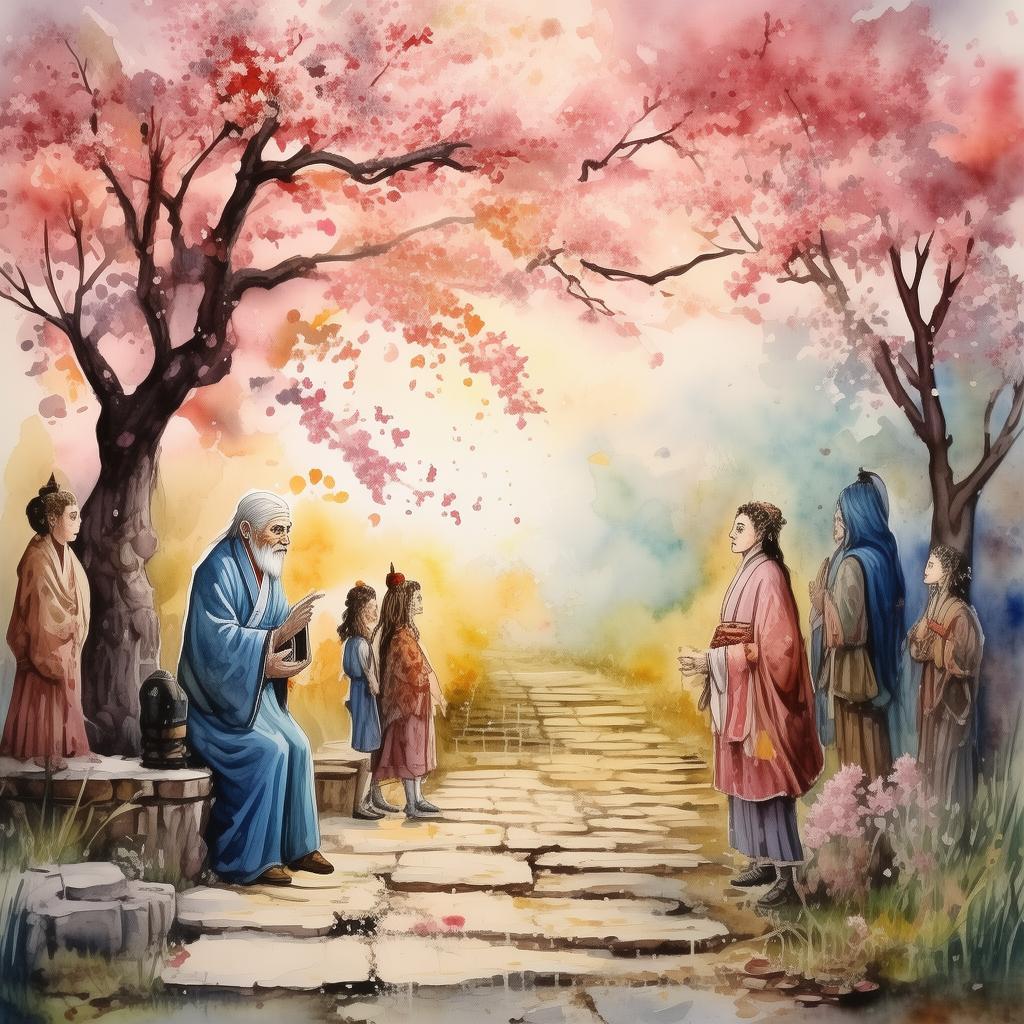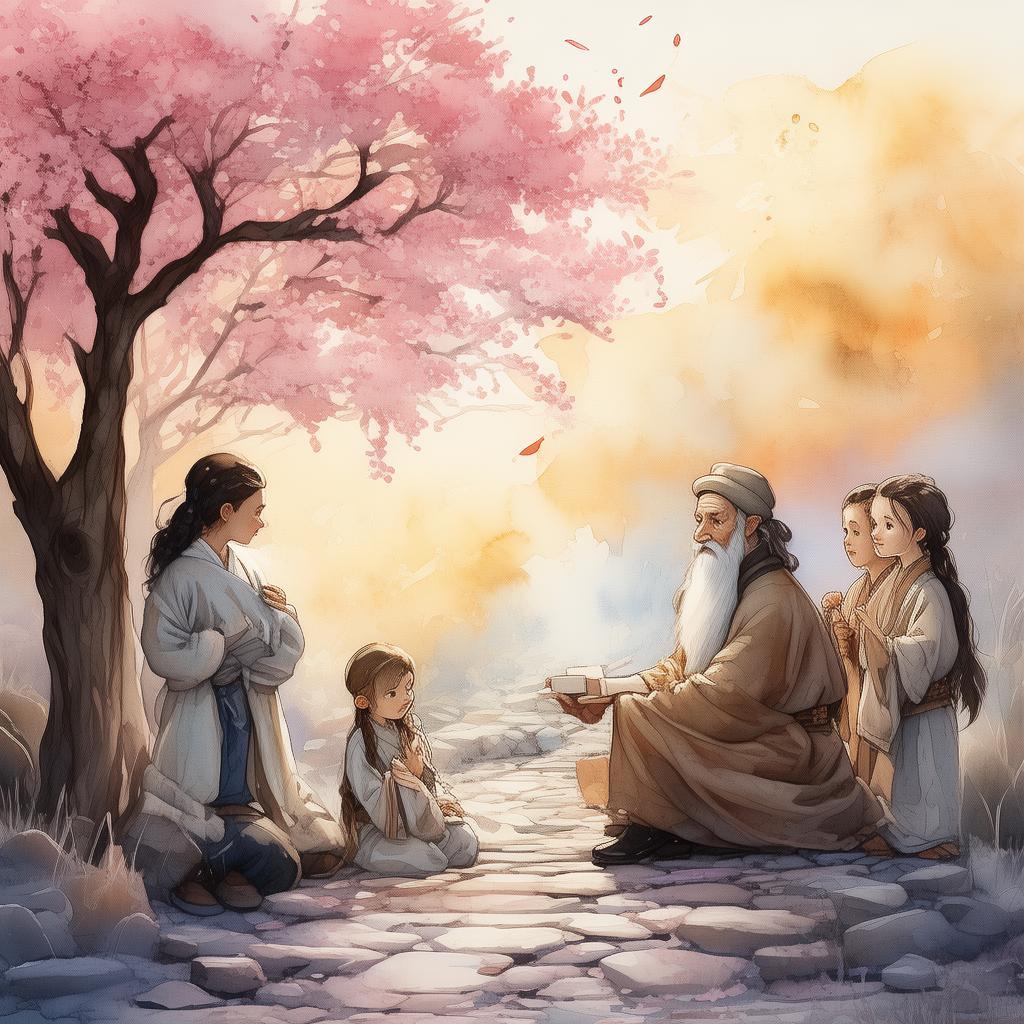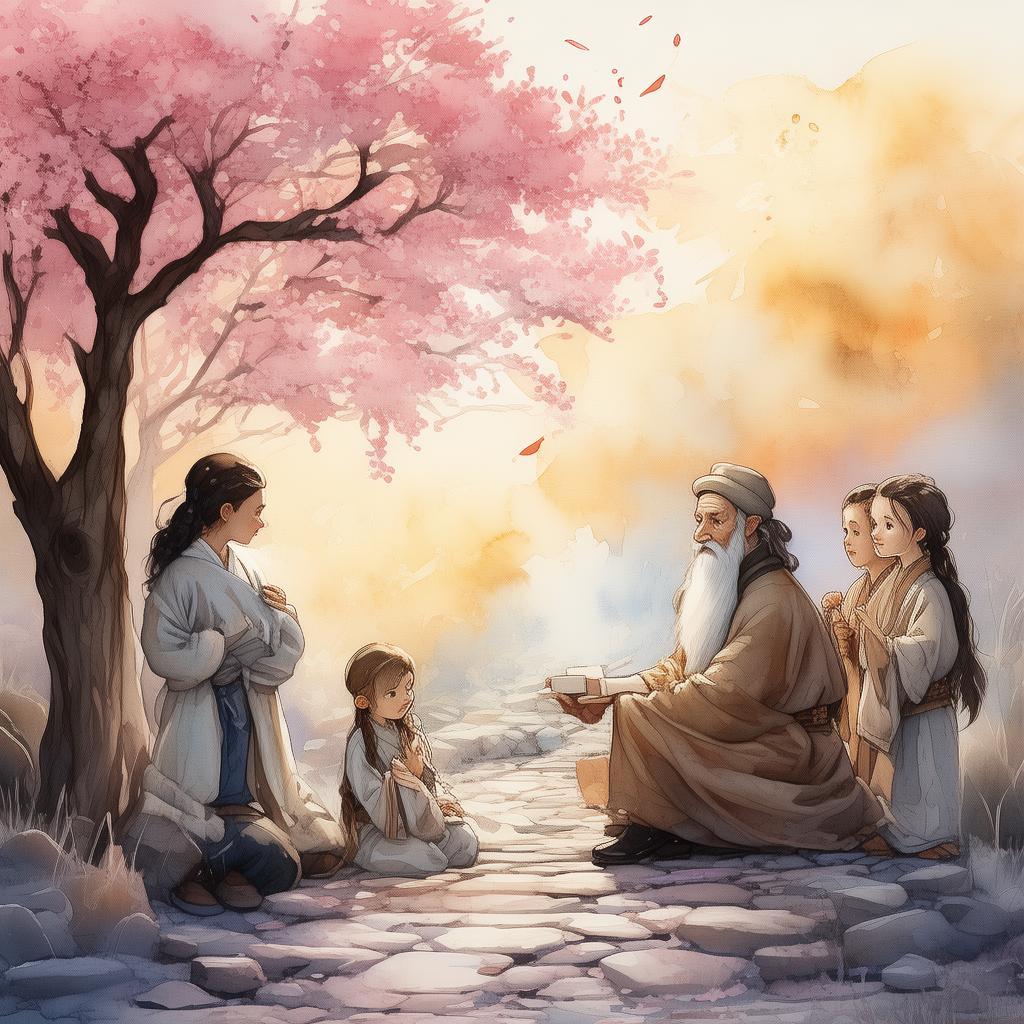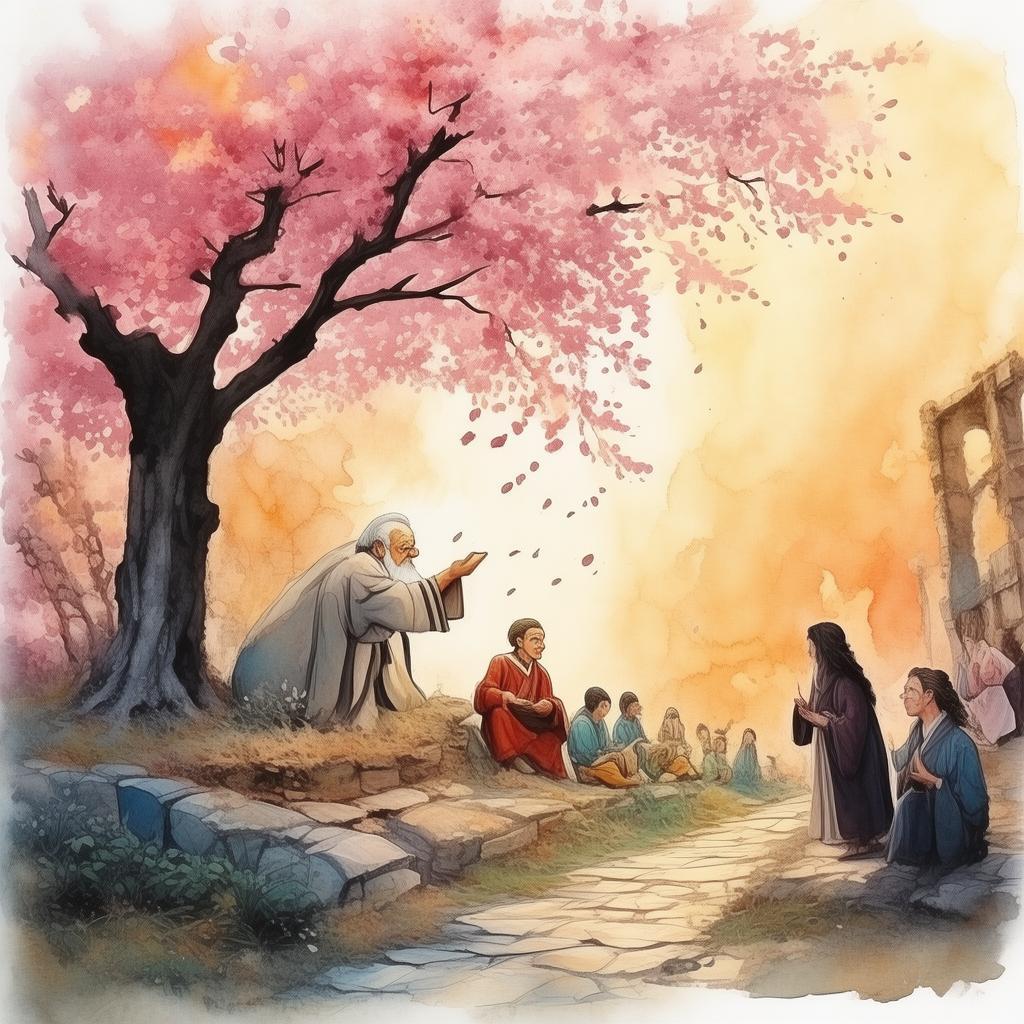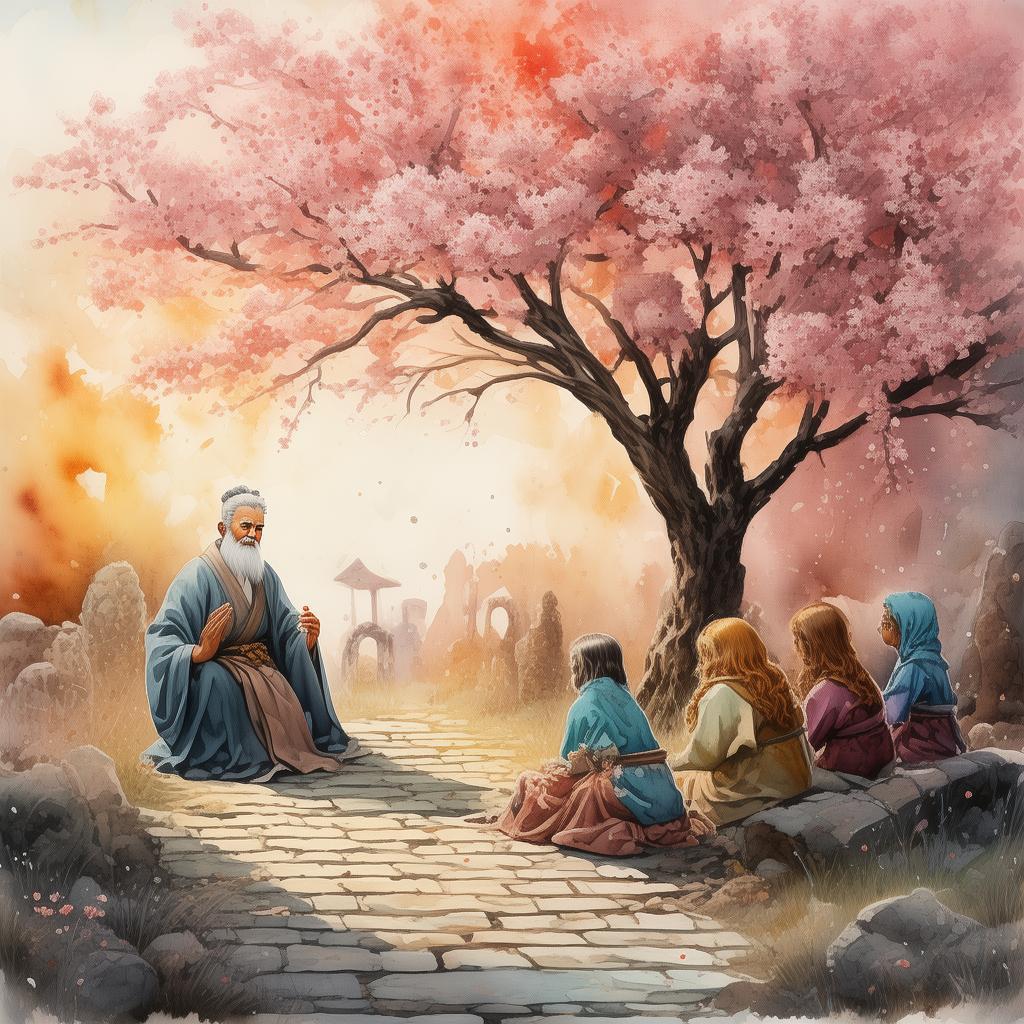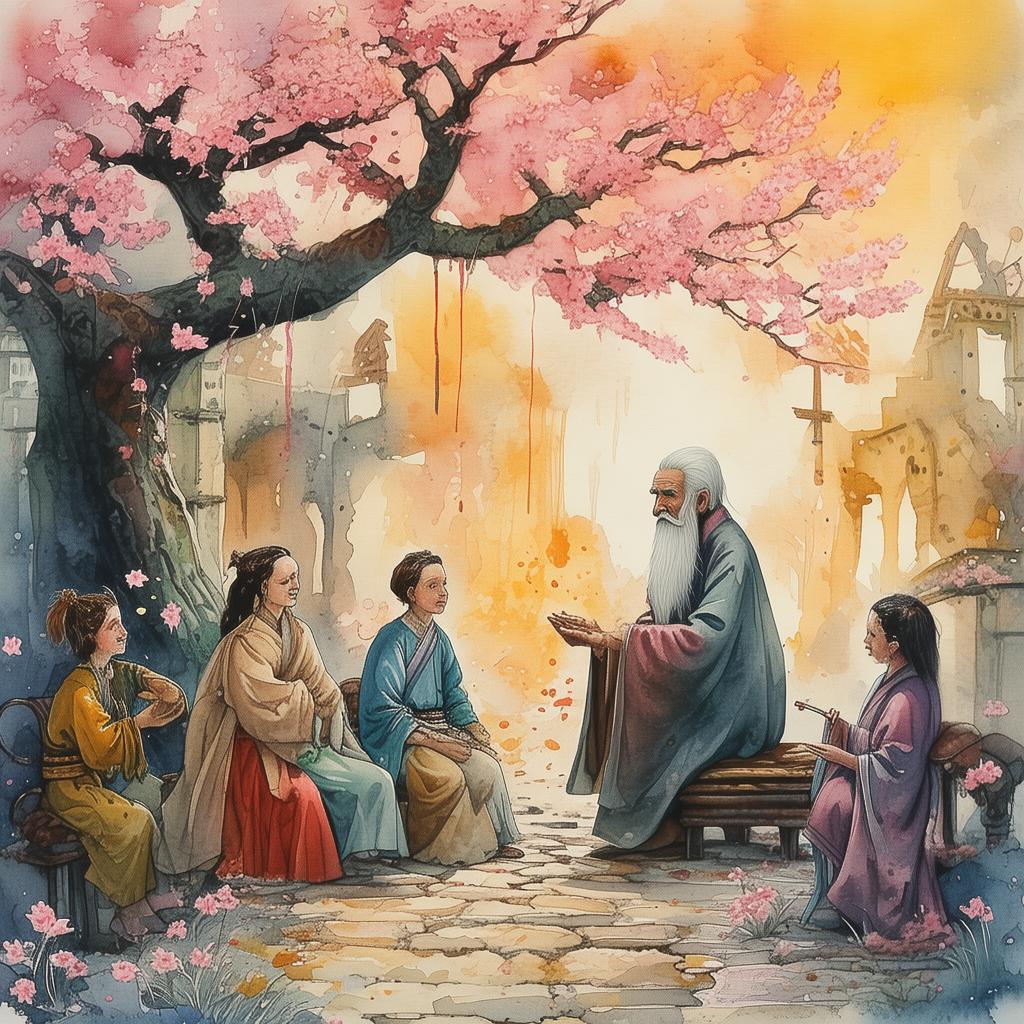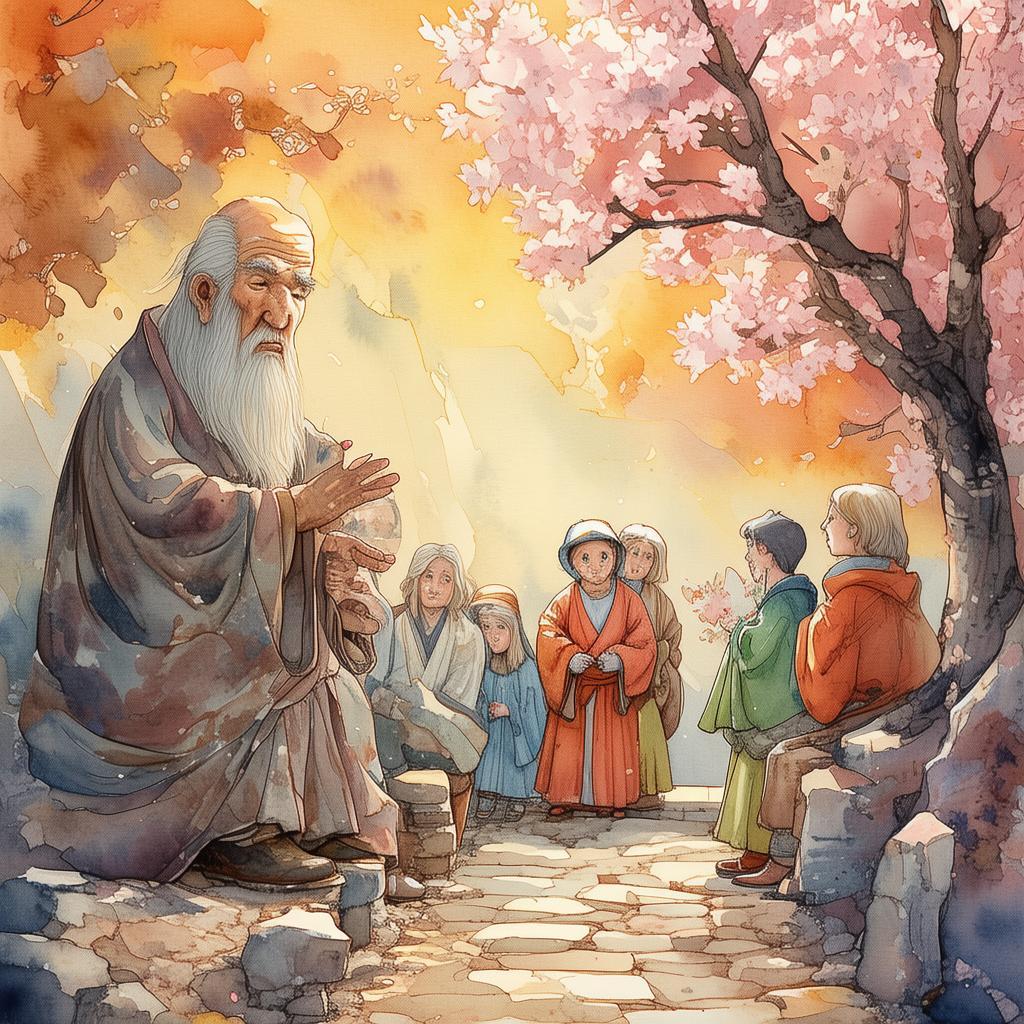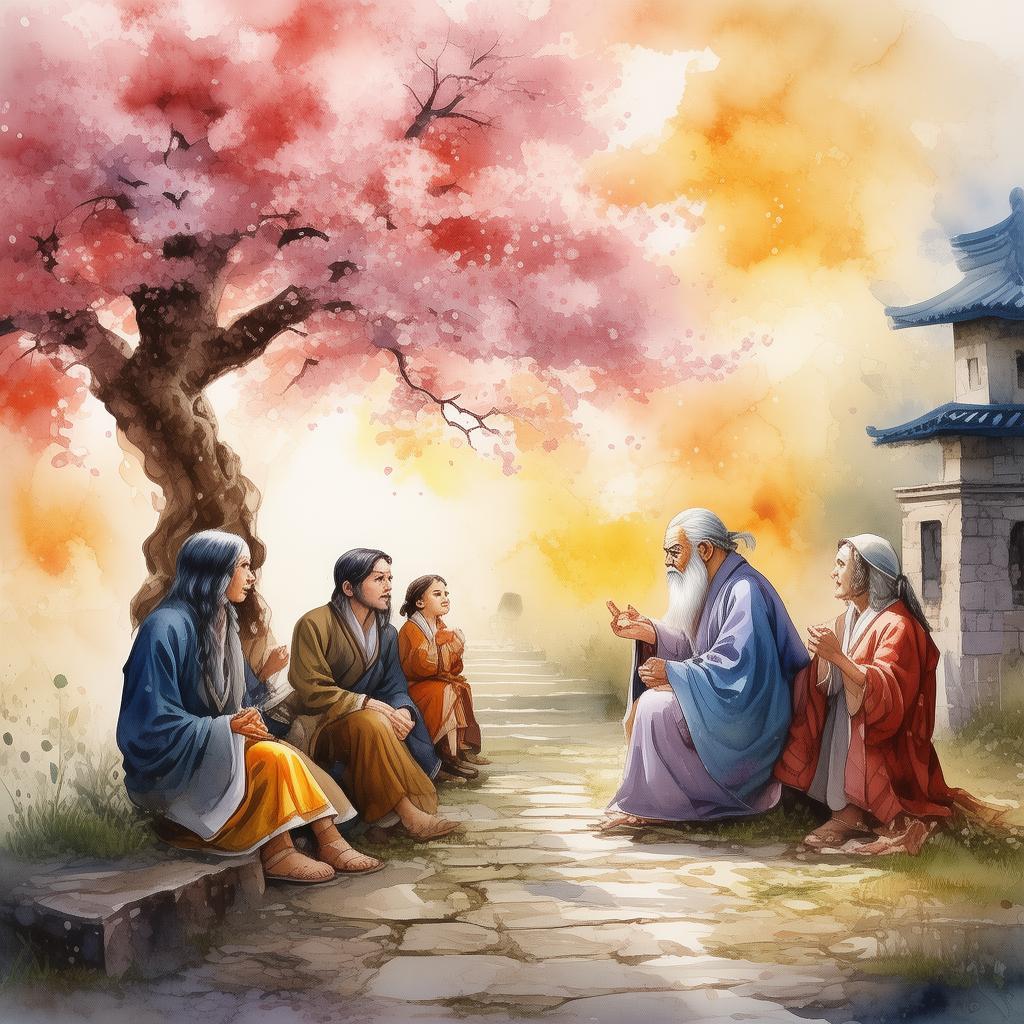The Paradox of the Moral Compass
In a world where the sands of time are as mutable as the morals of men, young Lin Wei found himself in a place where the very definitions of right and wrong were up for grabs. His mission, as an agent of The Ancient Anomaly, was to observe and, if necessary, intervene in a pivotal moment that would alter the course of history for the better. Yet, what he encountered was a paradox of epic proportions.
Lin Wei had been sent to the year 2045, a time where the concept of moral relativism had reached a fever pitch. People were divided into factions, each espousing a different moral code, leading to a society in disarray. His mission was clear: prevent a catastrophic event that threatened to plunge the world into chaos.
The event in question was a supposed "time trial" where participants were challenged to alter the past to their advantage. The winner would be granted a wish, but the cost was the integrity of time itself. Lin Wei's first encounter with this event was in a futuristic arena, where the air was thick with the scent of betrayal and the echoes of lost souls.
The contestant of the moment was a young woman named Mei, who had been raised by a faction that believed in the absolute morality of the past. She had been chosen for her purity of intent and her unwavering dedication to her moral code. But as Lin Wei watched, Mei was faced with a choice that would test the very foundation of her beliefs: to save her father, who was on the brink of a moral atrocity, or to adhere to her moral code and let him fall.
As Mei hesitated, Lin Wei knew he had to act. He stepped into the arena, a beacon of the old ways, and confronted Mei. Their dialogue was a clash of worlds, of past and future, of moral certitude and ethical ambiguity.
"Mei, you must understand," Lin Wei said, his voice echoing in the metallic walls, "the actions you take now will ripple through time, affecting the lives of countless individuals. The moral fabric of this world depends on your choice."
Mei looked at Lin Wei, her eyes reflecting the weight of her decision. "But Lin, I am bound by my principles. How can I alter the past and still hold onto my integrity?"
Lin Wei's reply was simple yet profound. "By choosing not to alter the past, you are already changing it. Your actions are the very threads that weave the tapestry of time."
Mei took a deep breath and made her decision. She walked away from the arena, her father's fate sealed, yet her own moral integrity intact. Lin Wei watched her leave, his heart heavy with the knowledge that he had played a part in shaping the future.
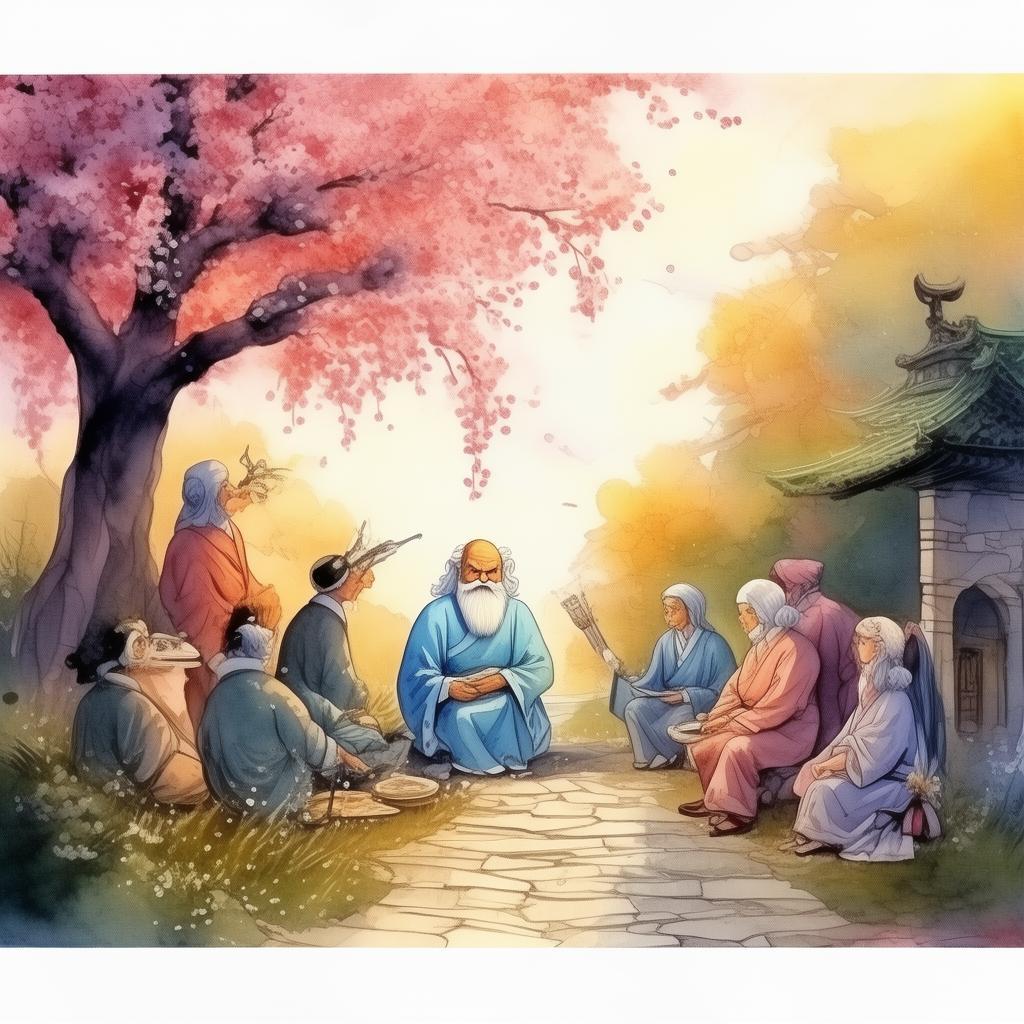
As Mei walked through the streets of 2045, she encountered a series of events that would lead her to question her own beliefs. She saw people making decisions that were morally questionable, yet none seemed to care. It was a world where the moral compass had been lost, and the very definition of right and wrong was in flux.
Mei's journey was one of self-discovery. She encountered a man who had been sent back in time to prevent the same catastrophic event, and together they began to piece together the puzzle of morality. They realized that the world was not a simple binary of good and evil, but a complex tapestry of shades of grey.
Through their journey, Mei learned that the true moral compass was not in the rules or laws of society, but in the heart and the soul of each individual. She understood that her actions had consequences, and that the power to change the world lay not in altering the past, but in choosing to live according to a moral code that transcended time.
In the end, Lin Wei's mission was successful. The catastrophic event was averted, and the world was saved from the brink of moral chaos. But the true victory was not in the prevention of the event, but in Mei's journey of self-discovery and the moral awakening of the society around her.
As Lin Wei returned to his own time, he reflected on the paradox he had encountered. The moral compass, it seemed, was not a fixed entity, but a moving target, one that required constant vigilance and the courage to make difficult choices. He realized that the essence of his mission was not to alter the past, but to inspire people to make choices that would lead to a better future.
The Paradox of the Moral Compass was a tale of time, morality, and the human condition. It was a story that would resonate with readers, prompting them to question their own values and the choices they make in the face of moral ambiguity.
✨ Original Statement ✨
All articles published on this website (including but not limited to text, images, videos, and other content) are original or authorized for reposting and are protected by relevant laws. Without the explicit written permission of this website, no individual or organization may copy, modify, repost, or use the content for commercial purposes.
If you need to quote or cooperate, please contact this site for authorization. We reserve the right to pursue legal responsibility for any unauthorized use.
Hereby declared.
